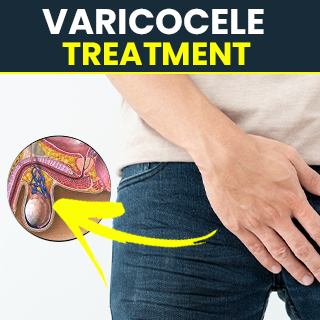A chronic autoimmune condition of skin known as psoriasis that causes cells to build up rapidly on the skin surface. These extra skin cells form red patches and scales that can be itchy, painful, and sometimes even lead to bleeding. Psoriasis is not contagious, but it significantly impact on a person's physical and emotional well-being.
Here are some key points and content related to psoriasis:
1. Types of Psoriasis:
Plaque Psoriasis: The most common type, characterized by raised, red patches covered with silvery white buildup of dead skin cells.
Guttate Psoriasis: Often triggered by respiratory infections, it results in small, drop-shaped lesions.
Inverse Psoriasis: Affects skin folds, such as in the armpits, groin, and under the breasts, causing smooth, red lesions.
Pustular Psoriasis: This type of psoriasis characterized by white pustules surrounded by red skin. It can be localized or generalized.
Erythrodermic Psoriasis: A rare and severe form that causes widespread redness and shedding of skin scales.
2. Causes and Triggers:
Here are some of the psoriasis causes that contribute to the development of psoriasis:
Genetics: A family history of psoriasis is one of the strongest risk factors. Certain genetic variations are associated with a higher likelihood of developing the condition.
Immune System Dysfunction: Psoriasis is considered an autoimmune skindisease, which means the immune system mistakenly attacks healthy cells.
Environmental Triggers: Various environmental factors can trigger or worsen psoriasis symptoms in individuals who are genetically predisposed. These triggers include infections, injury to the skin, stress, medications, and smoking and alcohol.
Inflammatory Pathways: Psoriasis involves a complex interplay of immune cells and inflammatory pathways.
Hormonal Changes: These changes include those that occur during puberty or pregnancy, can influence the onset or severity of psoriasis in some individuals.
3. Symptoms:
Following are the psoriasis symptoms:
Red coloured patches of skin covered with thick, silvery scales.
Itching, burning, or soreness around patches.
Dry and cracked skin that may bleed.
Swollen and stiff joints (psoriatic arthritis).
4. Lifestyle Management:
Moisturize regularly to prevent dry skin.
Avoid triggers that worsen symptoms.
Maintain a healthy diet, exercise, and manage stress.
Avoid smoking and excessive alcohol consumption.
5. Psychosocial Impact:
Psoriasis can have emotional and psychological effects due to its visible nature. Many people with psoriasis report feeling self-conscious, anxious, and even depressed. Various support groups and remedies can help individuals cope with the emotional aspects of the condition.
For more Refrences Visit Us:
https://bharathomeopathycure.blogspot.com/2023/08/breathing-freely-managing-asthma-for.html
https://laxmanhomeopathy.wixsite.com/cardiacasthmatreatme
https://www.evernote.com/shard/s490/sh/cf0fcf99-6caa-acbd-a02b-dc2a5f834c4a/
https://www.minds.com/newsfeed/1533740964433104897?referrer=bharathomeopathy2810
https://bharat-homeopathy.jimdosite.com/




No comments:
Post a Comment